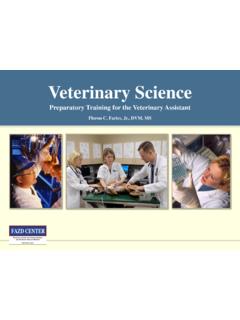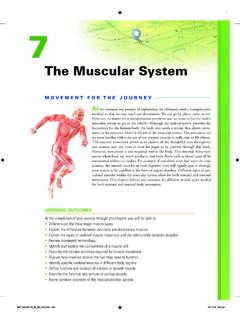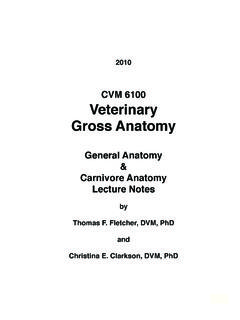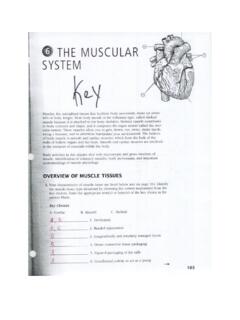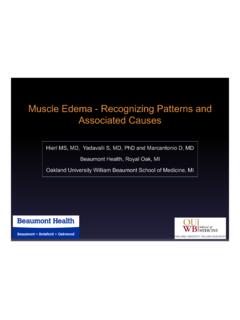Transcription of TYPES OF NUTRIENTS - ErgoPlus
1 TYPES OF NUTRIENTS Let food be thy medicine and medicine be thy food. ~ Hippocrates What Are NUTRIENTS and Why Are They Important? A healthy, balanced diet consists of the right amount of the NUTRIENTS your body needs to function properly. Your body is a machine and food is fuel. The six TYPES of NUTRIENTS are: MyPlate, published by the USDA, makes it easy to envision just how much of each food type you should eat. Each section of the plate represents a food group such as grains, protein, dairy, fruits, and vegetables. The size of the group corresponds to the number of recommended servings. The plate calls for eating a variety of foods to get all of the NUTRIENTS you need, and, at the same time, the right amount of calories to maintain a healthy weight. Six TYPES of NUTRIENTS Ergonomics Plus, Inc. All rights reserved. TYPES OF NUTRIENTS TYPES of NUTRIENTS Food is fuel for your body.
2 Each type of nutrient has a specific purpose and meets a specific need that your body has. The six NUTRIENTS are: Water: Yes, water is a nutrient . It is the most important nutrient . In fact, your body is mostly water. Water carries NUTRIENTS to the cells in your body. Ergonomics Plus, Inc. All rights reserved. Protein: Proteins are NUTRIENTS that are essential to the building, maintenance, and repair of body tissue such as the skin, the internal organs, and muscle. They are also the major components of our immune system and hormones. Carbohydrates: Carbohydrates provide fuel for the body in the form of glucose. Glucose is a sugar that is the primary source of energy for all of the body's cells. Adults should get about 45% of their calories from carbohydrates. Fats: Fat is made up of compounds called fatty acids or lipids. Depending on their chemical structure, these fatty acids are called monounsaturated, polyunsaturated, saturated, or trans fats.
3 Trans fats and saturated fats are the unhealthiest fats to eat. Vitamins: Vitamins help with chemical reactions in the body. In general, vitamins must come from the diet; the body doesn't make them. There are 13 vitamins essential to the body. They are divided into two categories: water-soluble (vitamin C and all the B vitamins) and fat-soluble (vitamins A, D, E, and K). Minerals: Minerals, like vitamins, must come from the diet; the body doesn't make them. Many minerals are vital to the proper function of the body and must be taken in relatively large amounts (such as calcium, potassium, and iron). Others, like trace minerals (zinc, selenium, and copper), are only needed in small amounts to maintain good health. (Source: WebMD)

